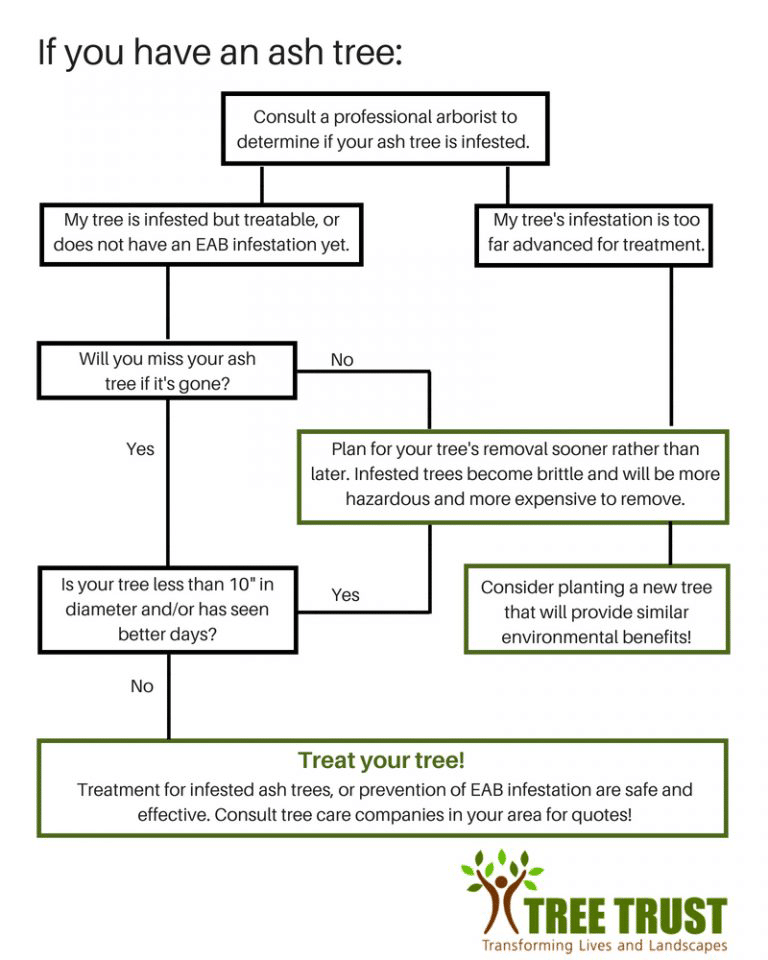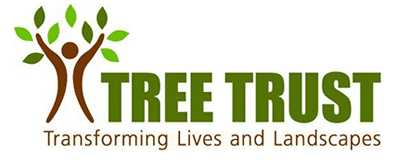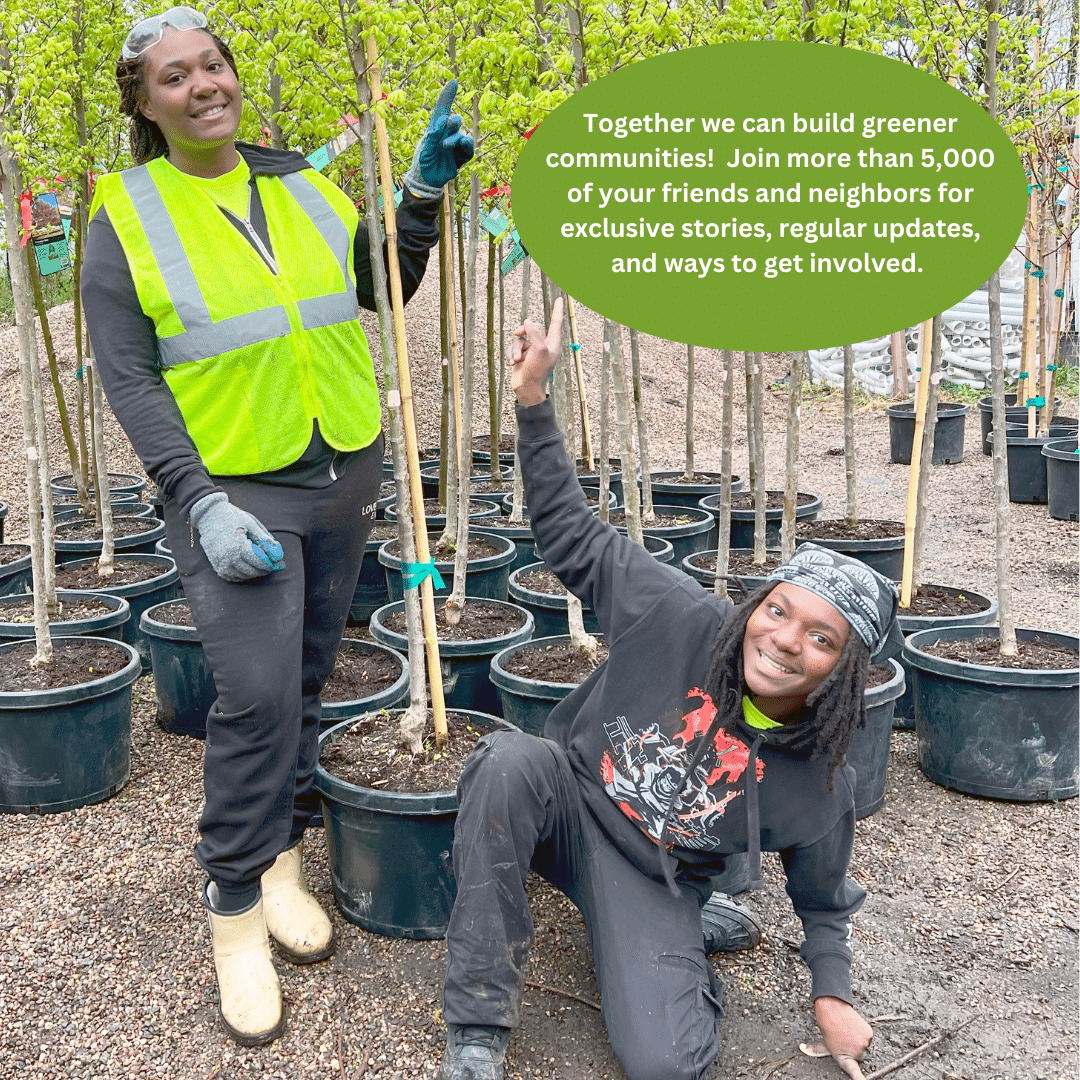Frequently Asked Questions
Tree Trust is happy to work with other cities, but we need you to help us! Contact your city officials and let them know you would love an opportunity to increase your city’s canopy by implementing a tree distribution in your area. For additional information, please contact our Community Forestry team at [email protected].
There will be no refunds for trees that are not picked up or do not survive after being removed from the pick-up location.
As we are learning from emerald ash borer, diversity is key! Maples are often the most planted tree in communities across Minnesota. We hope through programs like this one, to increase the diversity of our community trees-lessening the impact of future pests and disease!
Yes – check out this flyer or watch the video below. Also, a brochure detailing proper planting methods will be available when you pick up your tree. Please read through it prior to planting your tree.
Any leftover trees that aren’t purchased or picked up at the end of the distribution are planted in parks and on boulevards for everyone to enjoy.
These trees have lived most of their lives in containers, so a few more days won’t be an issue. But, the sooner you plant the tree, the better.
You must plant your tree on your own private property – not on the boulevard (area between sidewalk and street).
It’s the law to call Gopher State One Call at least three days before digging at 651-454-0002. They will mark buried utility lines for your safety.
Our most recent IRS Form 990 can be found on the Annual Report section of our website. Please call our office if you have any further questions.
Yes. The entire company is subject to intense financial scrutiny, including annual audits by independent firms. Tree Trust has earned a GuideStar Platinum Seal of Transparency rating, and meets all accountability standards with the Charities Review Council.
Tree Trust’s Community Forestry department organizes efforts to increase the urban tree canopy through community and school-based volunteer plantings, municipal tree distributions, and other special forestry initiatives. Since our founding in 1976, we have planted over 105,000 well-established trees throughout the Twin Cities metro!
“Youth Social Entrepreneurship” and “Social Enterprise” are very similar concepts. However, YSE focuses on the development of young people through the integration of positive youth development, community engagement, and workforce readiness through some type of core business enterprise that engages youth in the operation. Social Enterprises reinvest their profits back into their host organization for the purpose of tackling social problems, helping the environment, and generally supporting their community.
The majority of youth getting paid work experience with Tree Trust participate on a conservation corps crew that does environmental improvement projects in local parks. Some youth are also placed into internships with one of our employment partner host sites. These experiences are considered to be based on a Youth Social Entrepreneurship model.
Tree Trust’s Career Pathways programs can help youth get the skills they need to build the future they want. With guidance from trained staff, youth and young adults have the opportunity to obtain paid work experience and internships (not through Landscape Services); employment readiness training; one-on-one guidance with college, career, and goal navigation; and resources for support services to chart a positive direction for their future.
No. All staff employed by Landscape Services are professionals and not youth participating in job training through Tree Trust Career Pathways programs.
Landscape Services offers tree care, property maintenance, lawn and snow removal, and landscape construction services to residential and commercial clients.
Tree Trust’s Landscape Services operates exclusively using revenue earned from the services they provide to pay the business-related expenses for their operations. This includes income tax on earnings.
No. In fact, it is the opposite. Proceeds from Landscape Services directly support the job training and environmental programs operated by the Tree Trust nonprofit.
“Social Enterprise” can be defined in many ways, but is typically a business unit of a nonprofit organization that generates revenue through earned income to help fulfill the nonprofit’s mission. This concept has become increasingly common as a result of a combination of government and public funding cuts to social programs.
Yes. Tree Trust was founded as a 501(c)3 nonprofit in 1976, and Tree Trust Landscape Services was founded in 2004 as a Social Enterprise (earned income) division of the nonprofit Tree Trust.
Trees impact everything around us. The loss of our ash trees will damage air and water quality, animal habitat, urban temperatures, and home values, and it will take decades for new trees to provide similar benefits as the large trees they will be replacing.
What is ahead is daunting, but there are many things we can all do to help mitigate the loss of our trees! You can help keep Minnesota green by:
- Treating any ash trees that you own
- Planting trees on your personal property
- Volunteering with us to plant trees in public spaces
- Supporting policies that increase funding for the state and local governments to manage the EAB crisis
- Supporting organizations like Tree Trust that are making an impact.
Emerald Ash Borer has been in Minnesota for over ten years; the time to act is now! If you own an ash tree on your property, you will have to decide if you want to treat or remove your tree. The longer an ash tree is infested, the more dangerous it becomes, and the more expensive it is to have it removed. As a first step, consult a tree care company like Tree Trust Landscape Services. A tree care specialist will help you explore options for your trees.

Your local government may have an Emerald Ash Borer management plan, but it likely only pertains to public trees. For many municipalities, public ash trees will simply be removed. Municipalities will not intervene in the health of trees on private property, so don’t wait for someone to tell you to do something about your ash tree! If you have ash trees on your property, you need to make a plan of action right now!
All 1 billion ash trees in Minnesota are susceptible to EAB unless treated!
Use this resource to see how close the EAB infestation is to your property or favorite wooded areas.
People can slow the spread of EAB, but not stop it. This is why you have to prepare for EAB even if you live outside a quarantine zone!
How to Identify an Ash Tree

Still not sure if your tree is an ash? We can help! Send a high-quality photo to us via Facebook, Twitter, Instagram, or email with the hashtag #ActOnAsh, and our forestry staff will have a look for you!
How to Identify an EAB infestation
If your ash tree has an early-stage infestation, it may still be able to be treated. But if the infestation advances too far, your ash tree may not be able to be treated. When it dies, it will become very brittle, and pose a dangerous risk to any property, person, or infrastructure nearby. See the “What do I need to do about my ash trees?” tab below for more information on what’s best for your tree.
We offer planting events to the public in the spring and fall, typically May through June and September through October.
Tree Trust supplies all tools and equipment needed for tree plantings! You even get a free pair of Tree Trust gloves.
Yes! Community tree planting events are great for families and individuals. We have a variety of ways to get involved for any level of ability.
We plant trees that are typically 6-8 feet tall, which come in a 10-15 gallon container.
Tree Trust can accommodate groups of all sizes. Public tree planting events are for individuals and groups up to 15 people. For groups of 15 or more people, or businesses, please fill out our Group Volunteer Application and we will connect with you.
We offer tree maintenance events for communities and additional volunteer opportunities for people that are passionate about urban forestry. Check out our community forestry page here.
You’ll receive a notification through an Eventbrite email if we need to reschedule.




